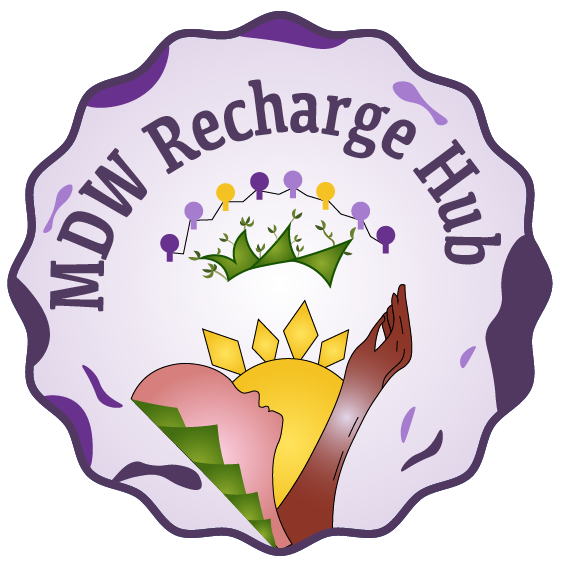written by Inna Abrogena
Post-traumatic stress disorder (PTSD) is a mental health illness developed by people who experience a traumatic event or series of events or circumstances and those who witness or are exposed to these traumatic events. These traumatic events can be emotionally or physically harmful or life-threatening affecting mental, physical, social, and/or spiritual well-being. Some examples are natural disasters, serious accidents/injury, terrorist acts, war/combat, rape/sexual assault, historical trauma, intimate partner violence and bullying. Symptoms of PTSD include these listed below in different degrees of severity:
– Involuntary repeated memories or flashbacks of the traumatic event,
– Avoiding reminders and potential triggers of the traumatic event,
– Distorted negative thoughts about themselves/others or cause of the event,
– Feeling detached from others,
– Inability to experience positive emotions,
– Being irritable and having angry outbursts,
– Behaving recklessly,
– Being overly watchful and suspecting with his/her surroundings and being easily startled,
– Having problems concentrating or sleeping
It is understandable for people to experience these symptoms after a traumatic event. However, if these last for more than a month and cause great distress in daily living and work, a diagnosis of PTSD may be given. Individuals mostly develop PTSD symptoms within three months of the trauma, but symptoms may also appear later and can continue for months and sometimes years. PTSD was first observed in war veterans, but it can develop for anyone at any age. PTSD can also co-occur with other conditions like depression, substance use, memory problems and other physical and mental health problems.
When experiencing flashbacks or other distressing symptoms, you can practice grounding techniques to keep you in the present by focusing on taking even breaths, telling yourself you are safe, and describing aloud the things in the room you are in. Getting support from your family or close friends, support groups, or professionals will also be extremely helpful as you process your emotions and your trauma.
They may not be open to talk about their trauma but allow them to share what they are comfortable with. You can also encourage them to do activities together because they may tend to withdraw from social events. If you can, you may learn what triggers their symptoms so you can help avoid these situations. Keep yourself calm and patient when they are experiencing flashbacks or other symptoms. Encourage them to seek professional help most especially if they are experiencing great distress that already affects their daily living.
References:
https://www.mind.org.uk/information-support/types-of-mental-health-problems/post-traumatic-stress-disorder-ptsd-and-complex-ptsd/about-ptsd/#:~:text=Post%2Dtraumatic%20stress%20disorder%20(PTSD)%20is%20a%20mental%20health,not%20only%20diagnosed%20in%20soldiers.
https://www.psychiatry.org/patients-families/ptsd/what-is-ptsd




